The Post-Hope Democrats
Jacobin
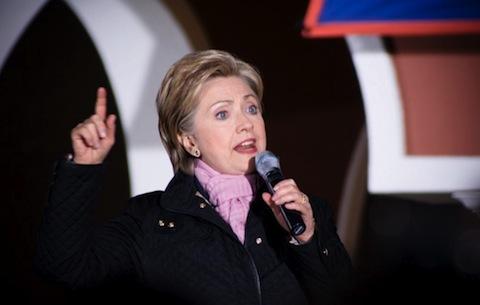
There's a perverse form of American exceptionalism circulating around the Clinton camp: just because things work in other countries doesn't mean they can work here. As Hillary herself put it, "We are not Denmark. I love Denmark, but we are the United States of America." True enough, but that has no bearing on why single-payer couldn't work here. The only obstacles are political -- elites, which include Hillary and Starr, don't want it.


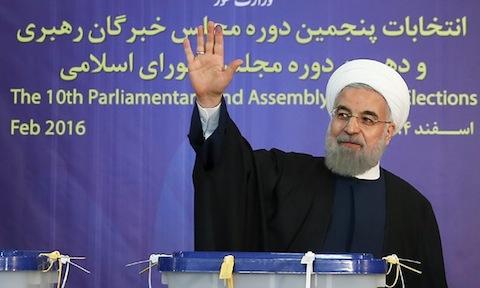
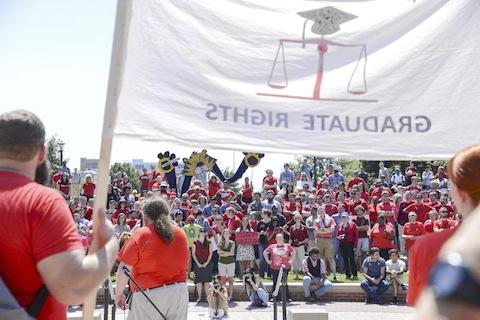
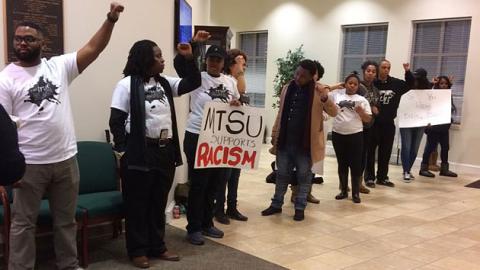
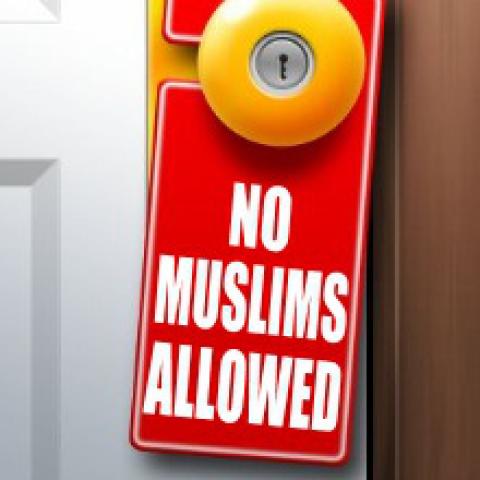


Spread the word